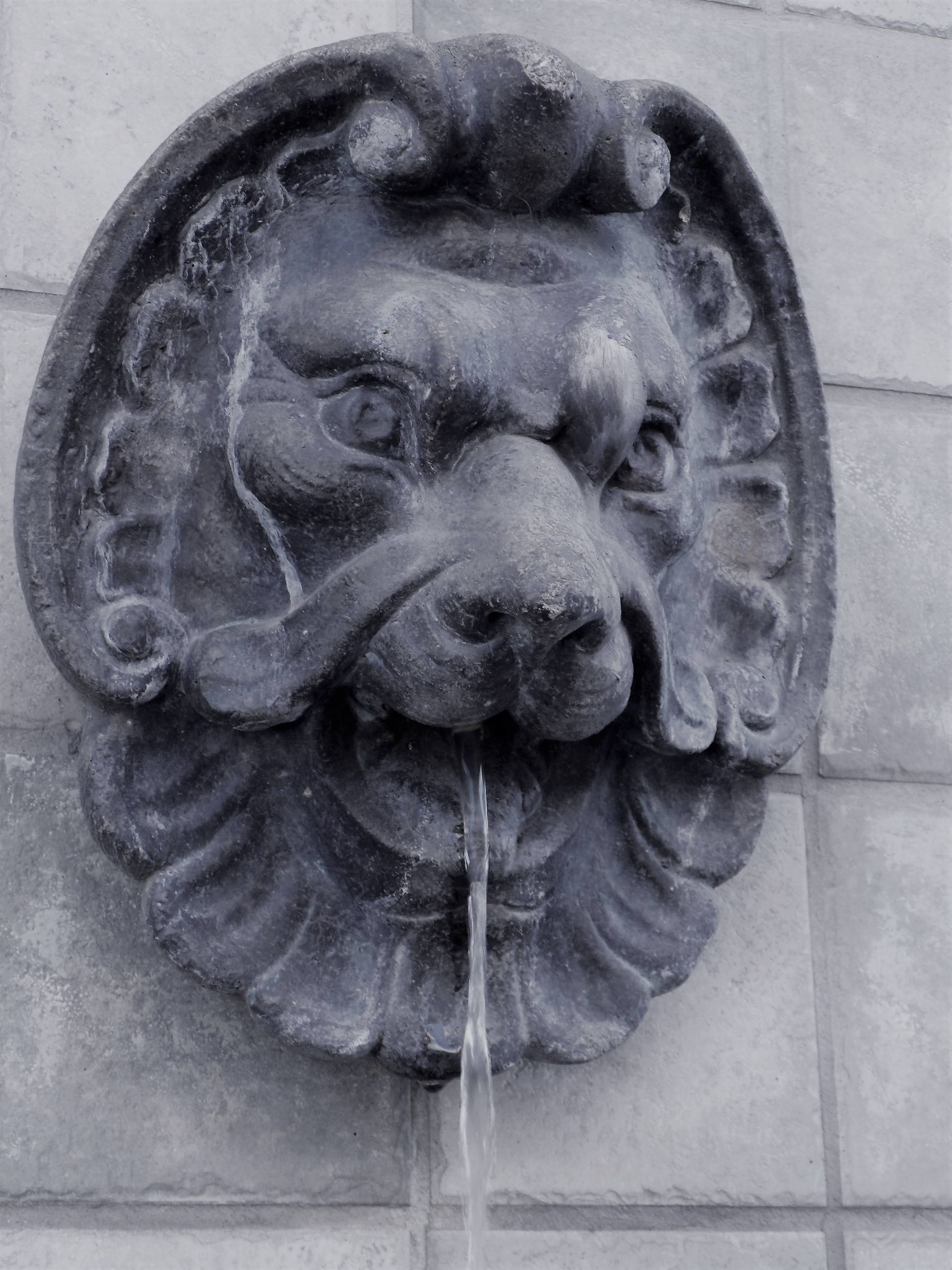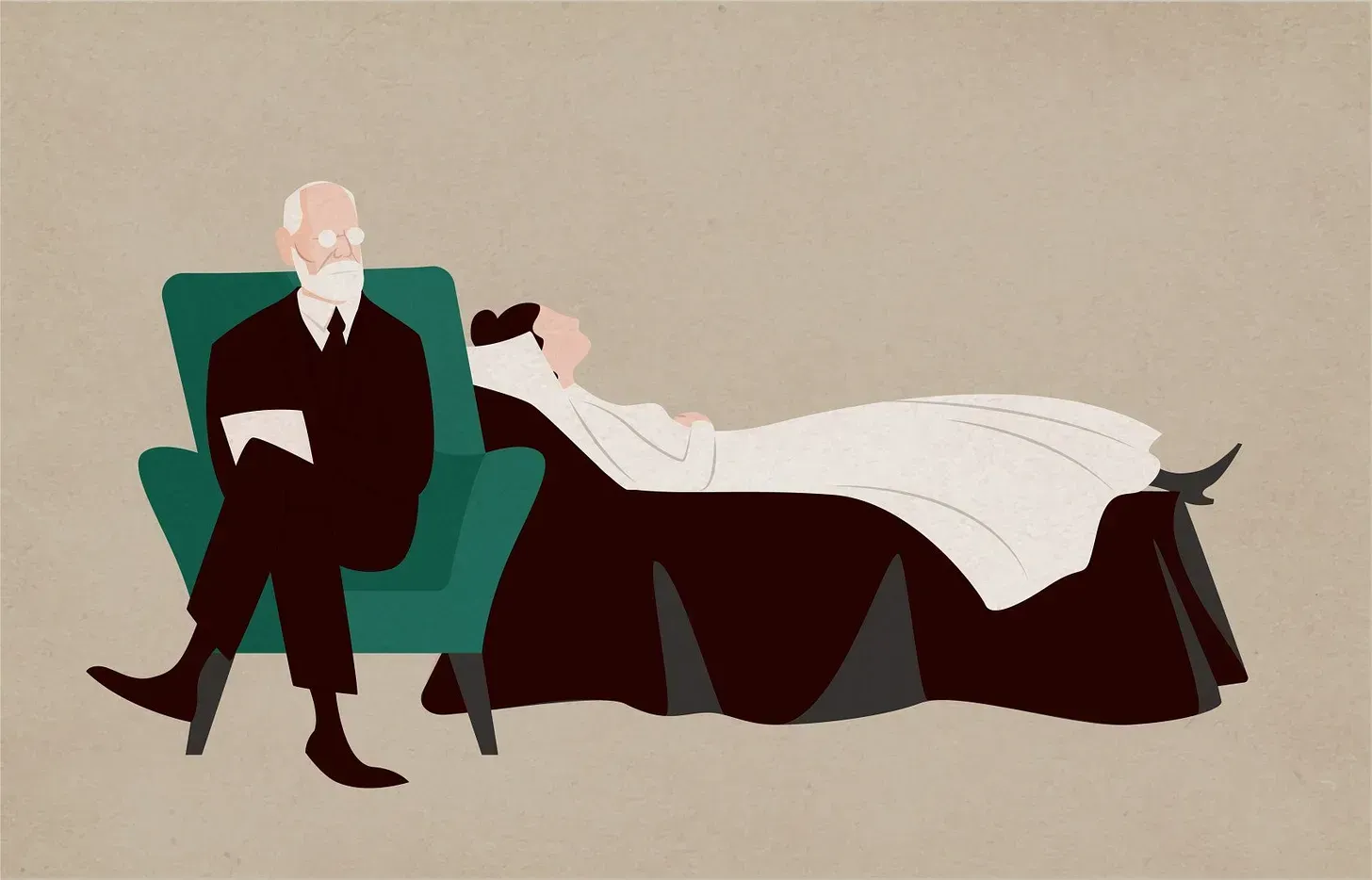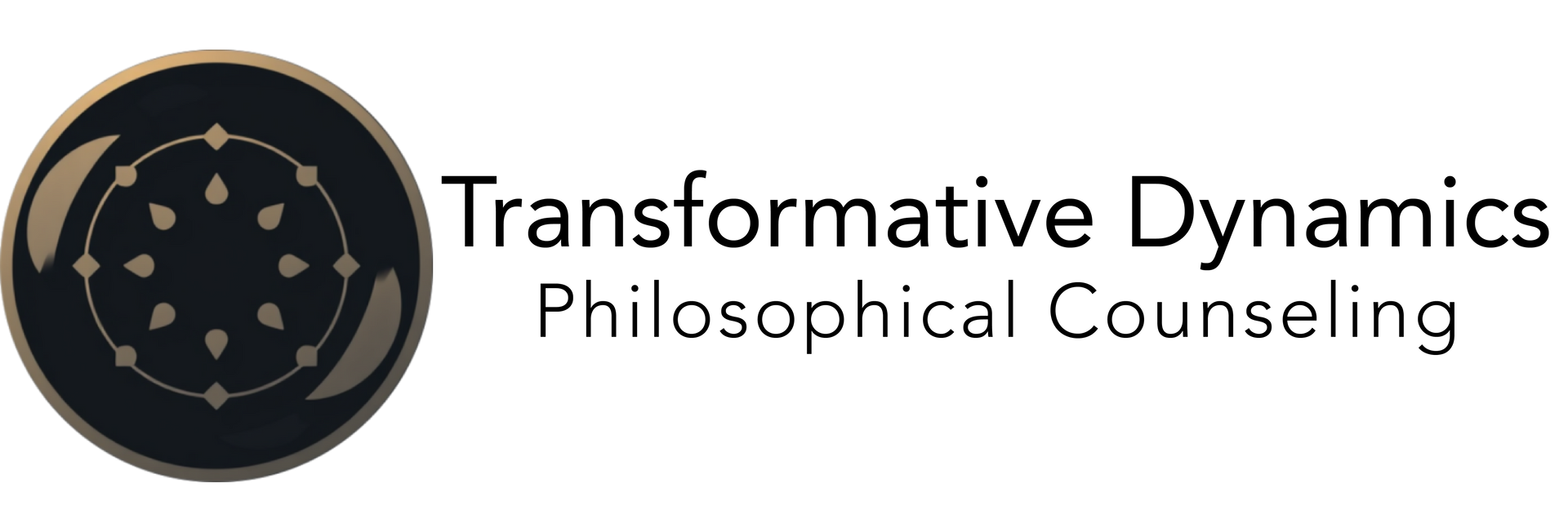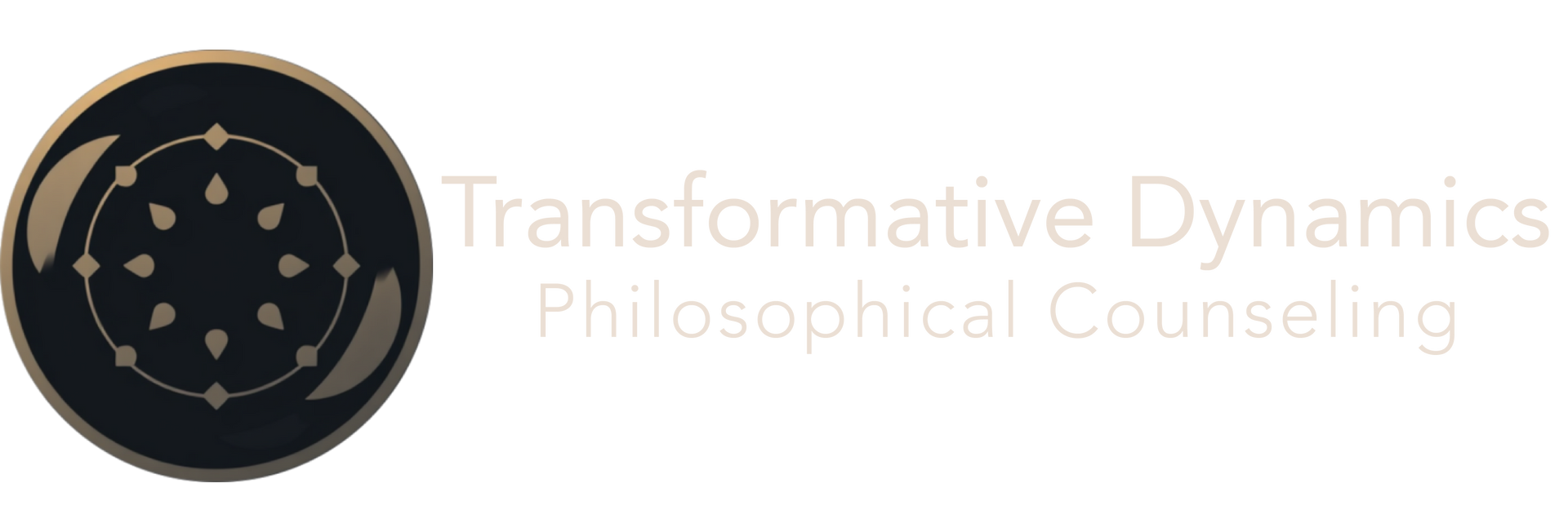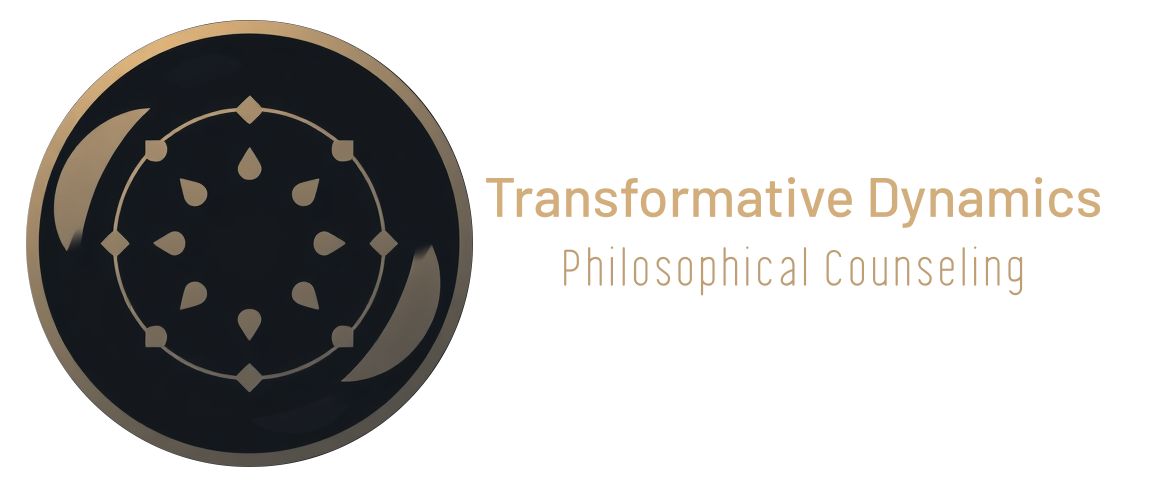A Question of Agency
If you’ve ever heard yourself saying that you “don’t want to adult” today, or that “adulting is hard,” chances are you’re feeling a lack of agency. That feeling goes hand-in-hand with the paralysis of decision fatigue that arises when we need to make multiple decisions throughout our day, and feel that we neither feel empowered nor have the energy to do so. It’s also one of the most common issues that philosophical counseling can effectively address.
Most people think that decision fatigue only comes into play when we’ve had to make big, monumental decisions. While that can be true, most of the time our decision fatigue is instigated by the vast array of small, inconsequential decisions we’re forced to make every day without even realizing it. Did you know that simply reading through a web page with hyperlinks, or scrolling through your social media feeds, involves dozens – if not hundreds – of individual choices? Clicking or not clicking on a link is a choice, as is each swipe of our finger over our screens.Think of all the links you’re exposed to in just a few minutes of scrolling and add to that the usual choices we have to make on any given day: No wonder we feel paralyzedI
It can also lead us to feeling as if we’re somehow being pulled along by factors outside of our locus of control. If we’re always feeling reactiverather than proactive, it’s a sign that our energy is going to the wrong places, and that we may need to reevaluate who – or what – exactly is steering our ship. It’s almost as if our lives become one giant doom scroll, or treadmill, from which we can’t escape.
Unfortunately, centuries of Western philosophy espousing the importance of “free will” – and how a perceived lack of will is akin to some kind of weakness or moral shortcoming – can exacerbate this feeling. While Descartes, Kant, or even Nietzsche or Sartre have much to say about the valor and empowerment of free will, none of them had to deal with endless news cycles, social media, or the constant availability of information. Just as the human brain is not structured to handle the 24 hours news cycle; enlightenment and existential structures of philosophy as they were written are not structured to handle a technologically-curated contemporary life.
Philosophical counseling provides a way to bridge that gap and hel[p us identify exactly how and why we feel a lack of agency, and provides a neutral space in which a client can identify the places where their energy is going, and create potential strategies for rest, recuperation, and making empowered, informed decisions.
